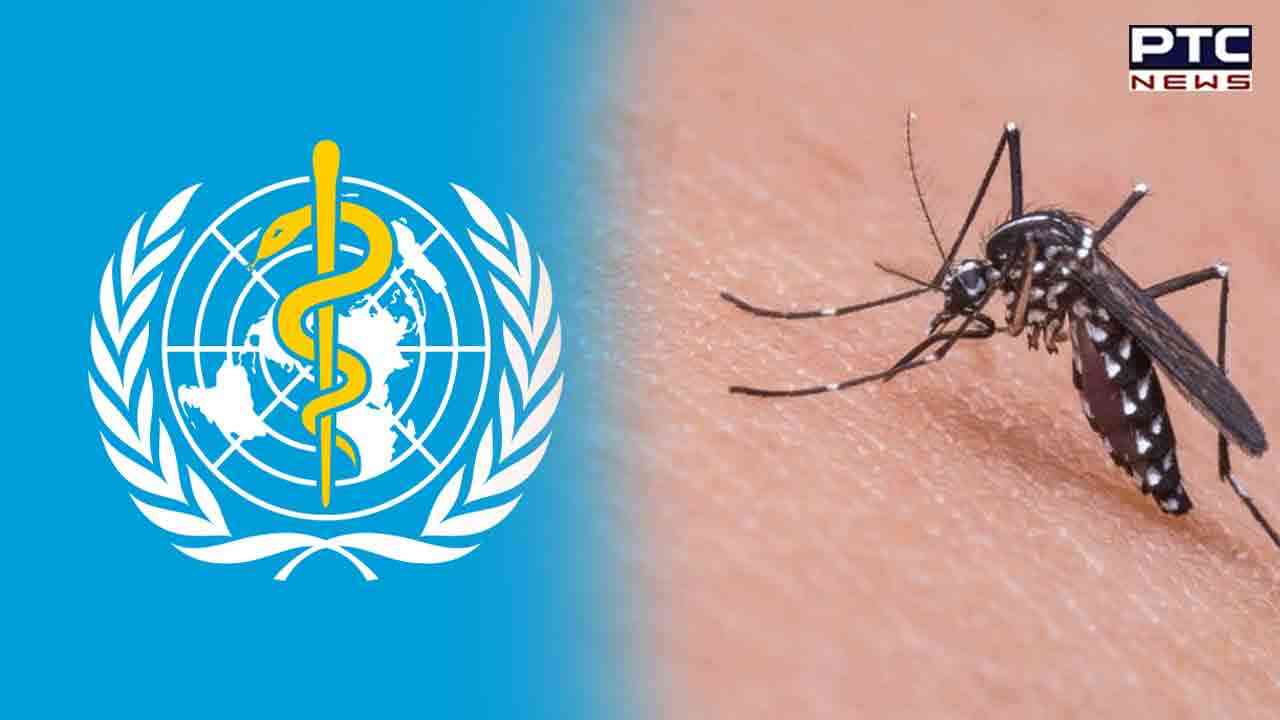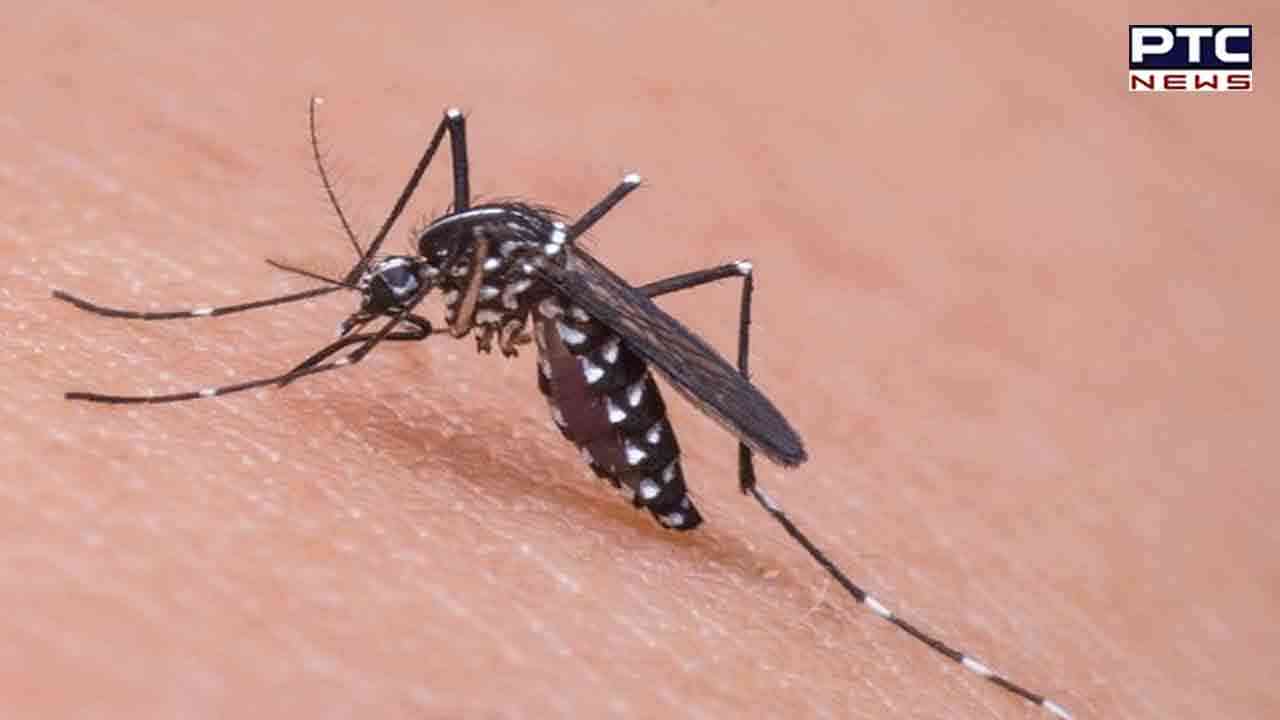

World Malaria Day 2023: WHO aims to reduce global case by 90 pc by 2030
New Delhi , April 24 : To commemorate World Malaria Day 2023, World Health Organization has urged the countries affected by the disease globally to accelerate the reach of high-impact tools and strategies to prevent, detect and treat malaria, with a focus on reaching the most vulnerable, ensuring that no person or population is left behind.
According to WHO Regional Director for South-East Asia, Dr Poonam Khetrapal Singh, in the shadow of the COVID-19 crisis, the world is not on track to reach the two critical targets of the WHO Global technical strategy (GTS) for malaria 2016-2030: reducing global case incidence and mortality by 90 per cent or more by 2030, based on 2015 levels.
Also Read: Sachin Tendulkar reflects on his legendary journey at 50
Dr Poonam said that in 2021, an estimated 619,000 people globally died of malaria compared to 625,000 in 2020.
There were an estimated 247 million new cases of malaria, compared to 245 million in 2020.
The WHO South-East Asia region continues to lead globally.
By the end of 2020, the South-East Asia region was the only WHO region to achieve a 40 per cent reduction in malaria case incidence and mortality compared to 2015 - the first GTS milestone, the Director said.
Amid the COVID-19 response, Maldives and Sri Lanka have maintained their malaria-free status, and five countries of the Region - Bhutan, DPR Korea, Nepal, Thailand and Timor-Leste - are among 25 countries and one territory globally identified as having the potential to eliminate malaria by 2025, Dr Poonam Khetrapal Singh said.

In September 2023, Timor-Leste is likely to complete three consecutive years of reporting zero local malaria transmission. It would therefore be eligible to be certified malaria-free.
Across the region, gaps in services persist: In 2021, there were an estimated 385,000 more cases in the region compared to 2020.
WHO is calling for action in several key areas.
"Second, shifting power to the peripheries, with a focus on increasing cross-border collaboration, especially in high-burden countries and neighbouring countries on the verge of elimination. For this, decision-makers should develop action-oriented roadmaps with strong frameworks for monitoring and evaluation," she said.
"Third, ensuring adequate and sustained financing for malaria programmes, recognizing that transitions in funding must be anticipated, planned for and implemented gradually, based on a time-bound strategy," the Director added.
Globally, children in the poorest households are five times more likely to be infected with malaria. Malaria is also more prevalent among young children whose mothers have a lower level of education and live in rural areas, she said.
Also Read: Cheetah translocation project takes tragic turn
- ANI
